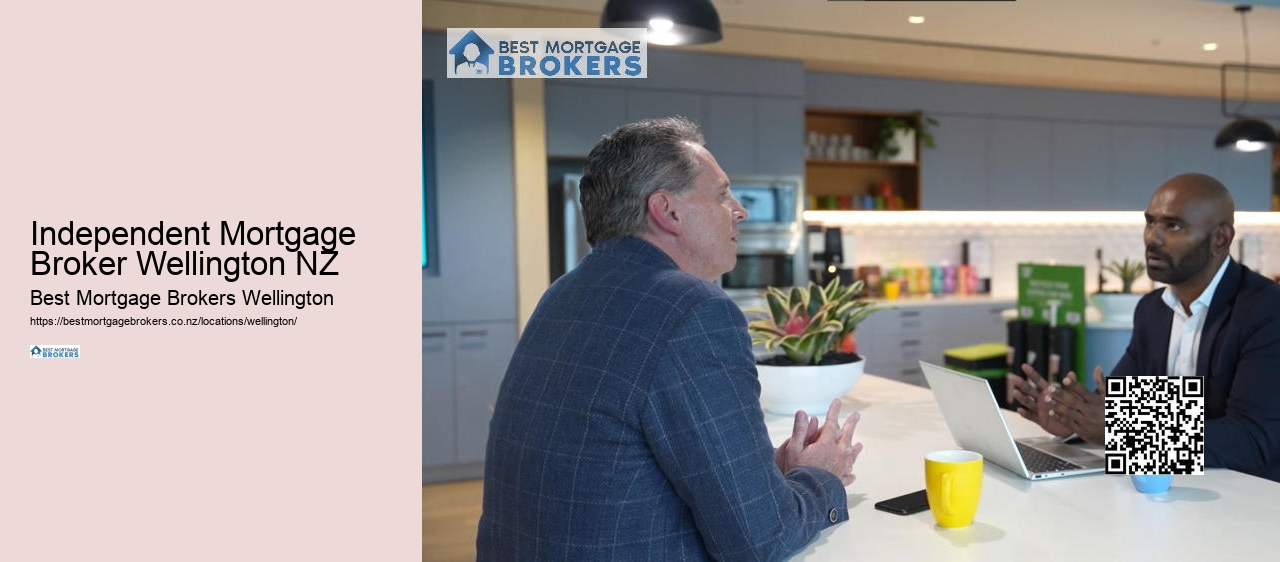

Failing to do so can lead to financial strain and potentially put your home at risk. Additionally, it's essential to maintain a good credit score throughout the mortgage process. Your credit score plays a significant role in determining the interest rate you qualify for.
Understanding the importance of mortgage insurance is crucial for protecting your investment in the event of unforeseen circumstances. Mortgage insurance is a financial product that helps safeguard lenders from the risk of borrowers defaulting on their mortgage payments.
Mortgage insurance can come in different forms, such as private mortgage insurance (PMI) for conventional loans or mortgage insurance premiums (MIP) for FHA loans. property management Having mortgage insurance in place provides a layer of protection for lenders, allowing them to approve loans for borrowers who may not meet the conventional 20% down payment requirement.
In the unfortunate event that you are unable to make your mortgage payments, mortgage insurance can help cover the lender's losses. This protection ensures that you won't lose your home to foreclosure and helps maintain the stability of the housing market.
It's essential to understand the terms and conditions of your mortgage insurance policy to know what is covered and how to make a claim if needed. Working with a knowledgeable mortgage advisor can help you navigate the complexities of mortgage insurance and ensure that you have the right coverage for your specific needs. Navigating credit challenges can be a daunting task for individuals seeking to secure a mortgage for their dream home.
Start by obtaining a copy of your credit report to understand the factors affecting your credit score. debt consolidation Look for any errors or discrepancies that could be negatively impacting your rating.
If your credit score is low due to missed payments or high credit utilization, take steps to improve it. Begin by paying bills on time and reducing outstanding balances on credit accounts.
A mortgage advisor can provide guidance on the best strategies to boost your credit score efficiently. In some cases, lenders may offer specialized mortgage products for individuals with imperfect credit.
These options often come with higher interest rates or additional requirements, so it's crucial to weigh the pros and cons carefully. Working with a knowledgeable mortgage broker can help you explore all available options and find a solution that fits your financial situation. By addressing credit issues proactively, you can enhance your prospects of securing a mortgage for your ideal home.
Budgeting plays a crucial role in managing your finances effectively and demonstrating to lenders that you are a responsible borrower. By creating a budget, you can track your income and expenses, identify areas where you can cut costs, and allocate funds towards savings goals and debt repayment.
Lenders assess your ability to repay a mortgage by analyzing your income, expenses, and existing debts, making budgeting a critical factor in the mortgage approval process. Additionally, having a solid budget in place can prevent you from overspending, accumulating unnecessary debt, and falling behind on payments.


Mortgage term refers to the length of time over which you agree to repay your home loan. The most common mortgage term lengths are 15, 20, or 30 years, but there are other options as well. Each term length has its pros and cons, so it's essential to choose one that aligns with your financial goals and circumstances.
On the other hand, a longer mortgage term, like 30 years, offers lower monthly payments but results in higher interest costs over the life of the loan. It's important to strike a balance between a term length that fits your budget and one that helps you build equity in your home efficiently.
This flexibility can be beneficial if you want to tailor your mortgage to better suit your financial situation. advisor Consider consulting with a mortgage advisor to determine the best term option for your specific needs and goals.
The down payment is the initial amount you pay upfront towards the purchase price of your home. Typically, the larger the down payment, the lower your loan amount will be.
This can lead to lower monthly payments and reduced interest costs over the life of the loan. investment property A higher down payment percentage often results in better interest rates and can also help you avoid additional costs like private mortgage insurance (PMI). PMI is usually required for conventional loans with down payments less than 20% of the home's purchase price.
On the flip side, a smaller down payment means a higher loan amount, which translates to higher monthly payments and increased interest expenses. It's essential to strike a balance between your down payment amount and your financial goals.
A mortgage advisor can provide personalized guidance based on your unique financial situation to help you make an informed decision. Let's navigate the process of property appraisals to ensure a smooth understanding of your property's value.
They provide an unbiased estimate of your property's worth, influencing the loan amount you can secure. Appraisals are conducted by licensed professionals who consider various factors like the property's location, size, condition, and comparable sales in the area.

During a property appraisal, the appraiser will visit the property to assess its features and condition. It's essential to prepare your property by ensuring it is clean, well-maintained, and showcasing any recent upgrades. While you cannot influence the final appraisal value directly, presenting your property in the best light can positively impact the appraisal outcome.
This ratio affects the interest rate, loan amount, and even the requirement for private mortgage insurance. Understanding the property appraisal process can help you navigate the mortgage application with confidence. residential property
Closing costs are the fees and expenses you pay when you finalize your mortgage. These costs typically include loan origination fees, appraisal fees, title insurance, attorney fees, and more.
As mortgage advisors, we emphasize the significance of budgeting for closing costs early on in the homebuying process. By understanding these expenses upfront, you can avoid any last-minute financial surprises and ensure a smoother closing process.
It's crucial to discuss closing costs with your mortgage broker to get a clear breakdown of all the expenses involved. This transparency will help you plan accordingly and make informed decisions. Moreover, being knowledgeable about closing costs allows you to negotiate with lenders and potentially lower some fees.
Remember, closing costs are a vital part of your home purchase, and having a comprehensive understanding of them will empower you to navigate the mortgage process with confidence. Seeking legal advice is crucial when navigating the complexities of the mortgage process.
A legal advisor can review the terms and conditions of the mortgage contract, ensuring that you fully understand your rights and obligations before signing any documents.

Yes, our broker selection process at Best Mortgage Brokers is designed to include only those with a proven track record of securing favorable interest rates for their clients. We strive to connect you with brokers who can offer competitive rates tailored to your financial situation.
Yes, it's acceptable to talk to multiple mortgage brokers to explore your options. However, for efficiency and transparency, it's generally advisable to choose one broker to work with throughout the application process.
While brokers offer advantages, some individuals may prefer working directly with a bank. Reasons not to use a broker could include a strong existing relationship with a specific lender or a preference for handling the process independently.
The ability to obtain a mortgage after three months can vary based on individual circumstances. Our brokers can assess your situation and guide you on the best course of action. Connect with us to discuss your specific scenario and explore available options.
Mortgage rates can vary and change frequently. For the most up-to-date information on current rates, it's recommended to consult with your mortgage broker or check reliable financial news sources.